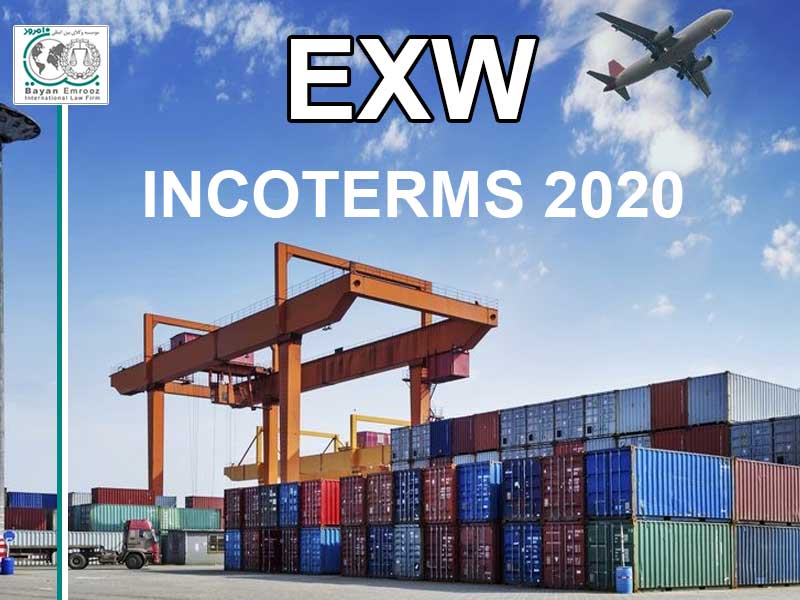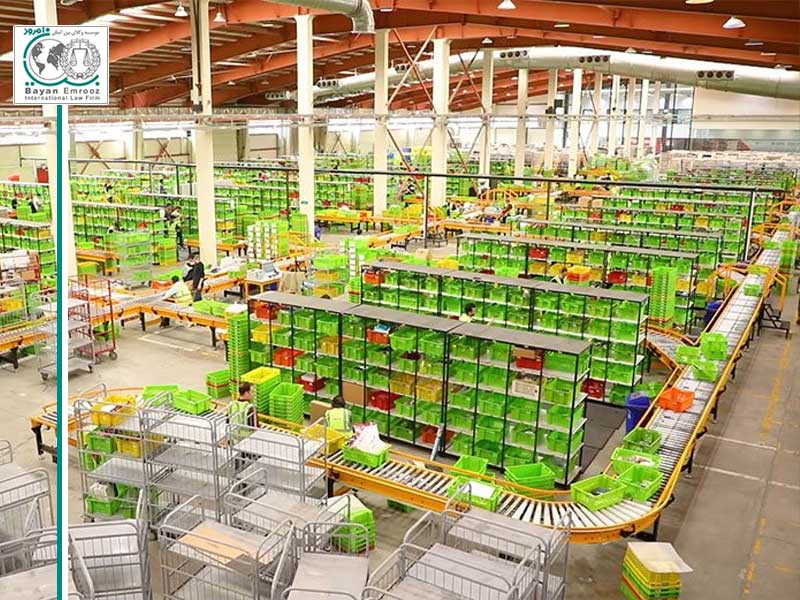The Incoterms are a set of commercial instructions established by the International Chamber of Commerce (“ICC”) that are used in international sale agreements. The Incoterms are not mandatory guidelines, they must be clearly incorporated by the parties into the contract.

EXW Incoterm stands for EX Works, an international trading principle was introduced in 1936 by the ICC & is also presented as one of the 11 incoterms of 2020. Having an EXW means that there is minimum obligation for the seller, whereby he is responsible only till the delivery of goods at the destination, and the buyer covers the full cost. In fact, EXW appears to be more in favor of the seller as he has no charges to pay once the goods have left the sites. It imposes only minimum obligations on the seller. Particularly, the seller is simply required to deliver the goods to the buyer at a named place of delivery which is usually the seller’s place of business. The buyer is responsible for all freight charges under ex works. The seller may carry out few carriages related responsibilities but only at buyer’s risk and cost. Nevertheless, Seller has no obligation to provide any insurance cover. However, he may provide assistance to the buyer in arranging insurance cover for the goods while they are in transit, at buyer’s cost. The seller is not involved in any activities related to the transportation of goods; he is not responsible for bearing freight charges according to freight terms. But at the buyer’s risk and cost, he may provide assistance to the buyer during the export process.
It is not required for the seller to load the goods on any specific vehicle or to clear the goods for export. If the place of delivery is not specified in the contract, or if several place of delivery can be envisaged, “the seller may select the point that best suits its purpose.”
In general, until the goods have not been delivered as specified in the sale contract, the seller is responsible for the risk of loss or damage to the goods. After the fulfilment of the delivery, such risk is automatically shifted to the buyer. The same is true for any costs relating to the goods.






